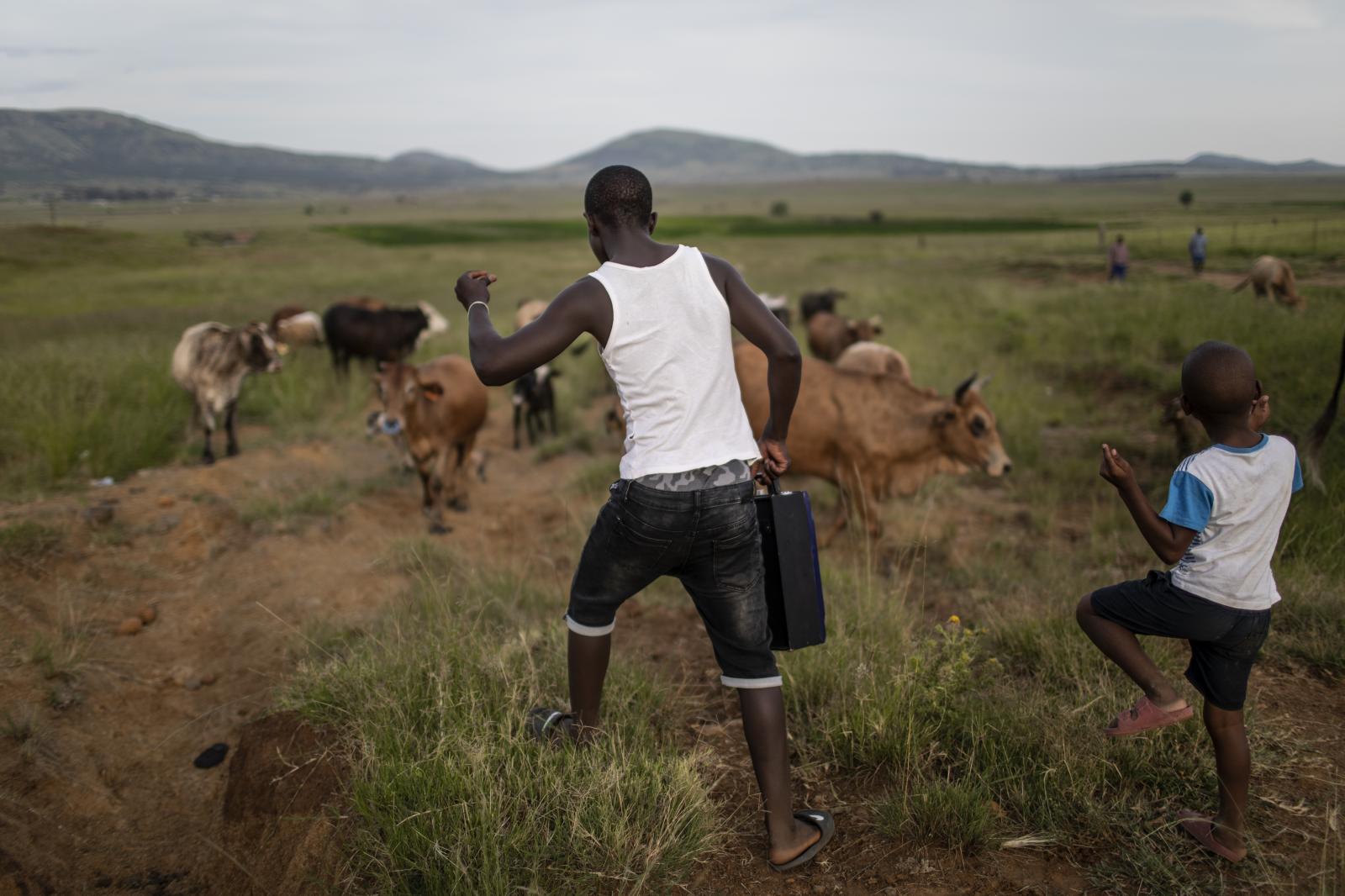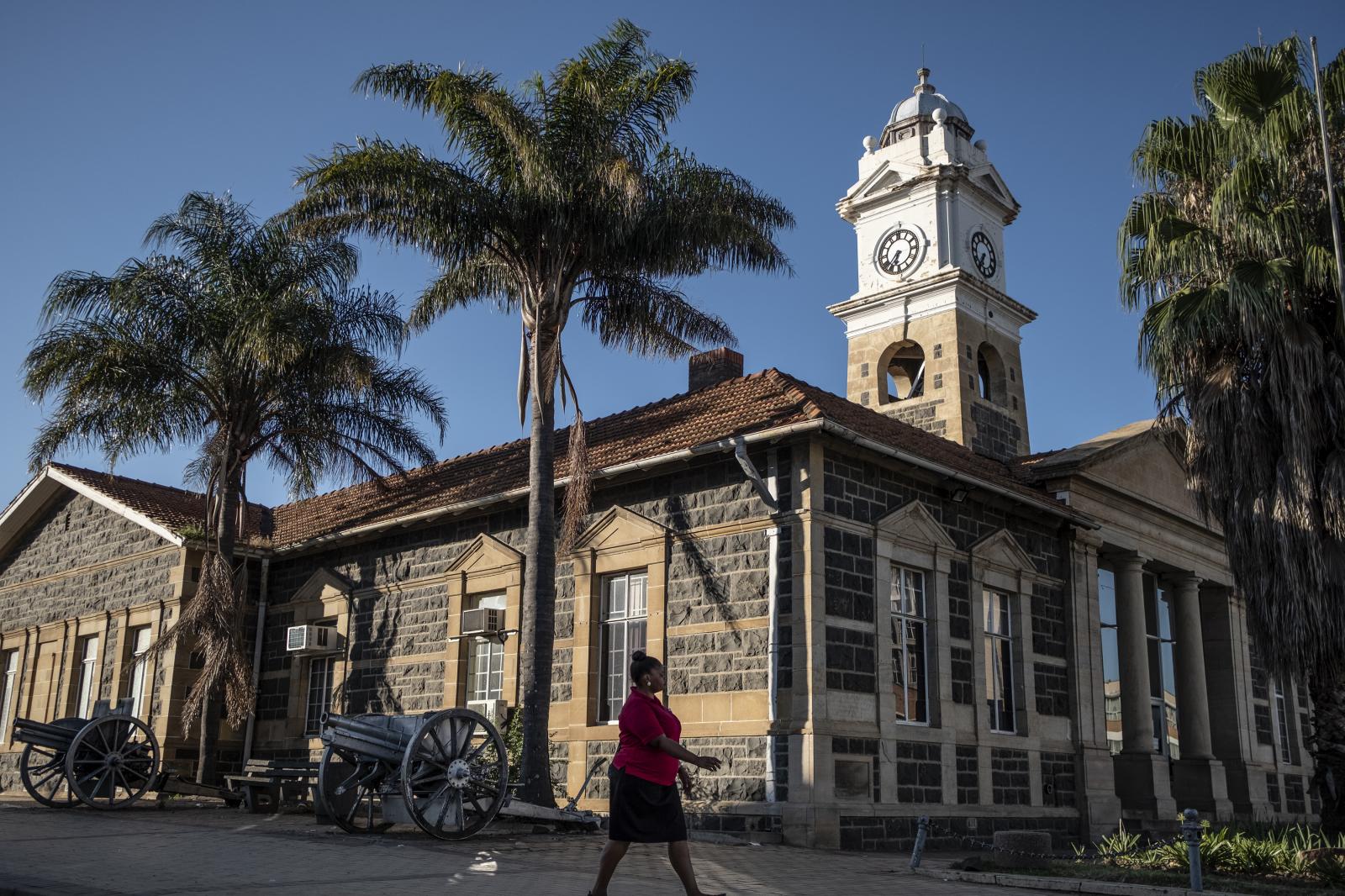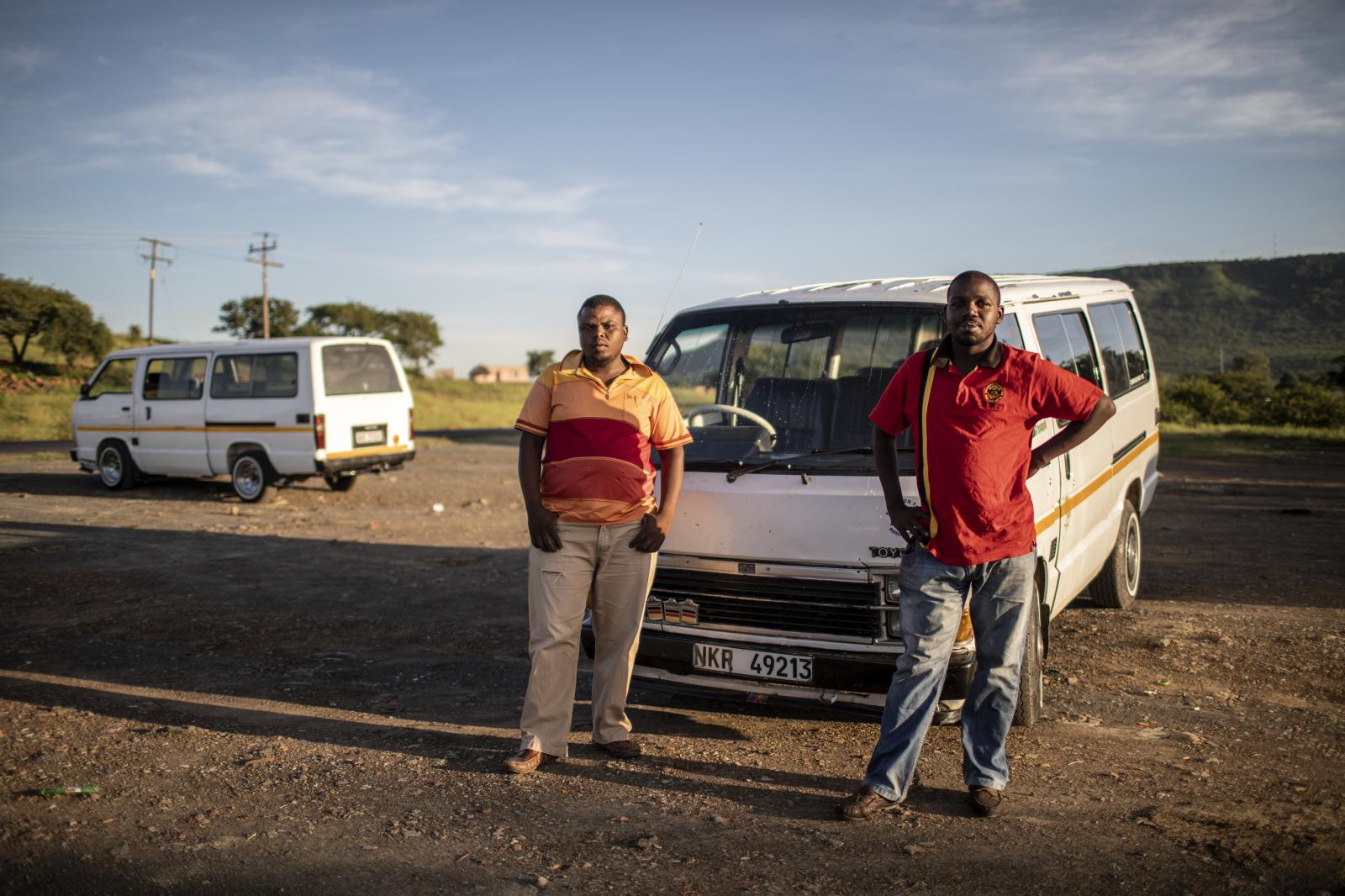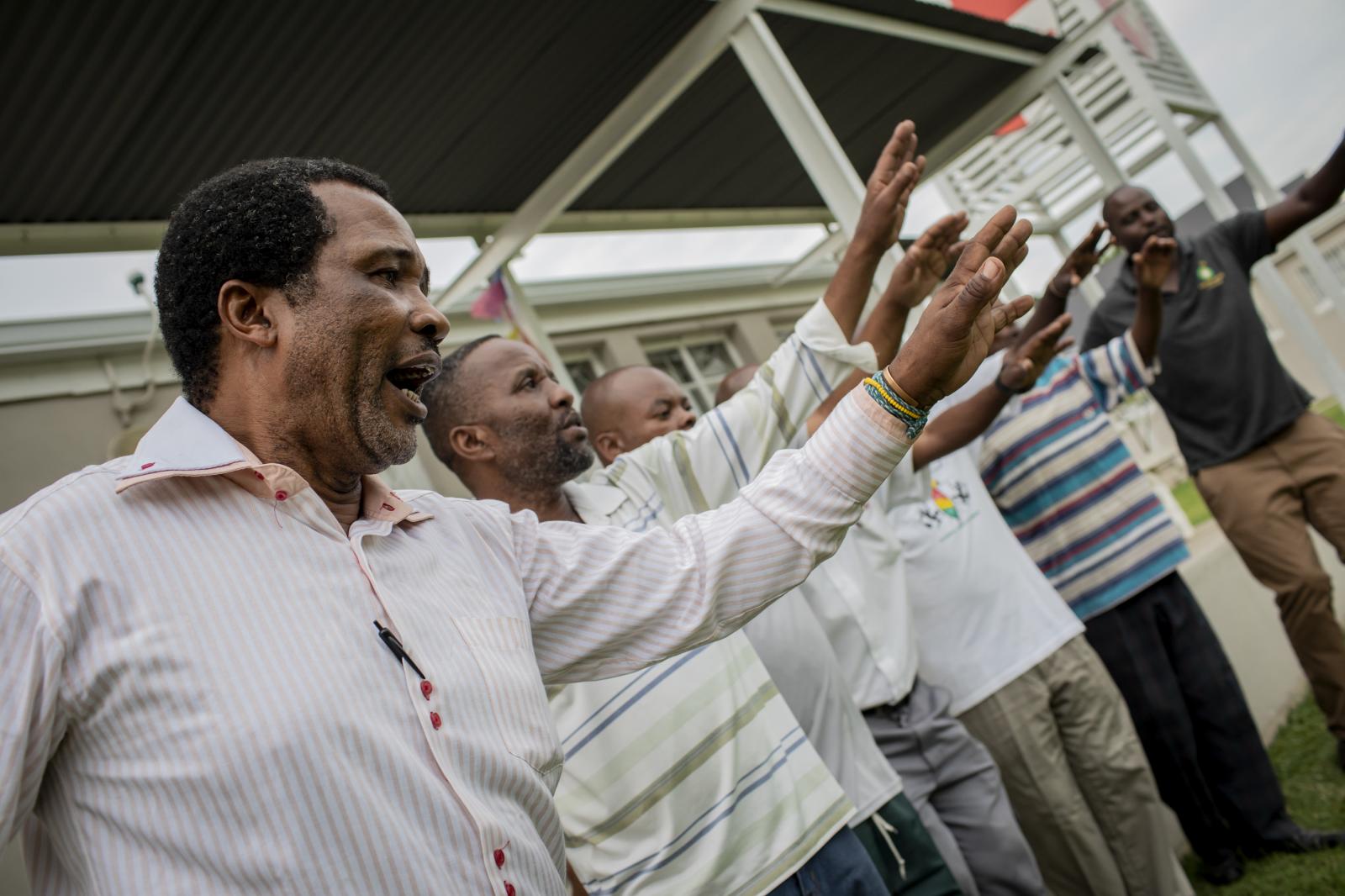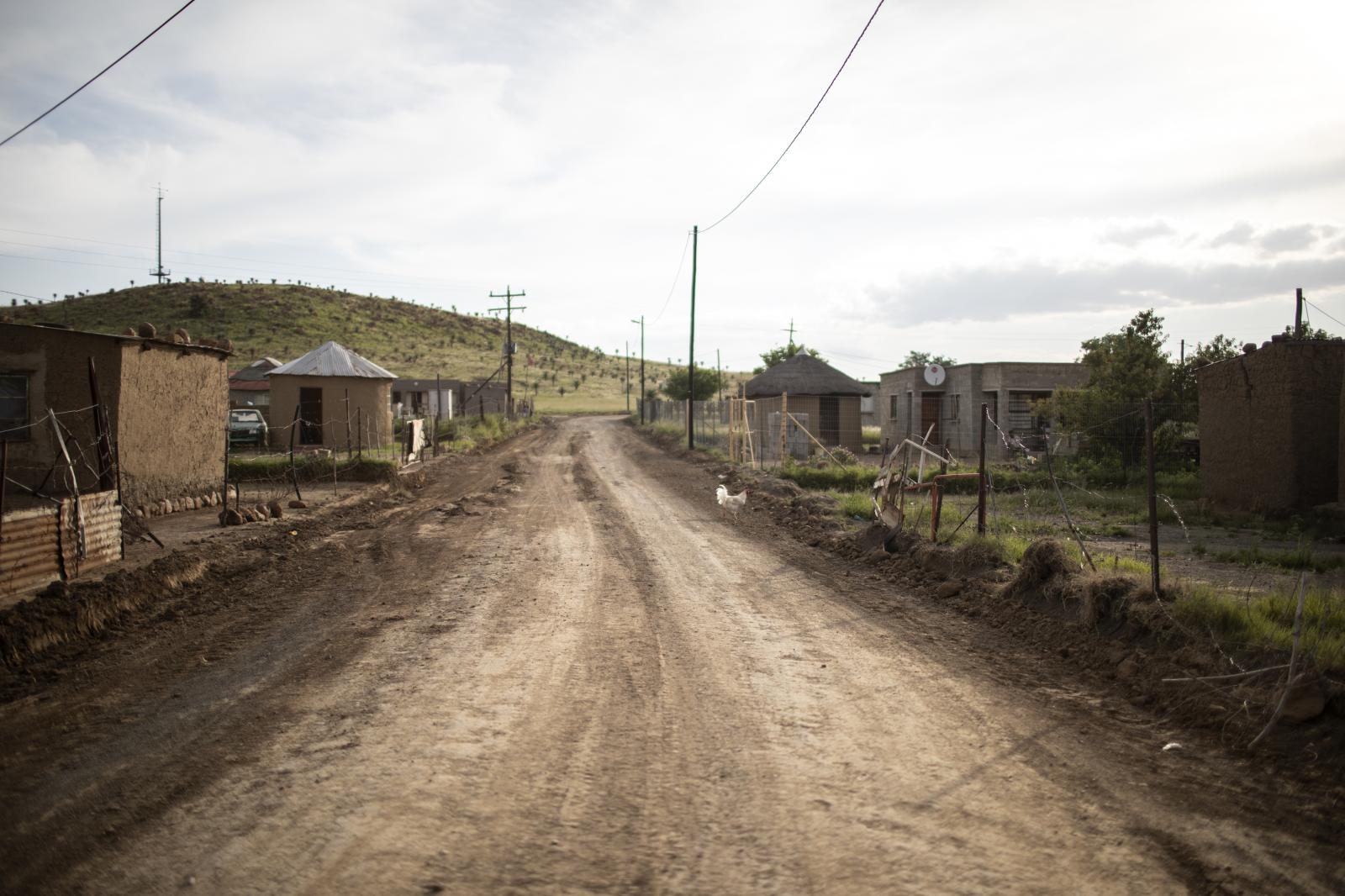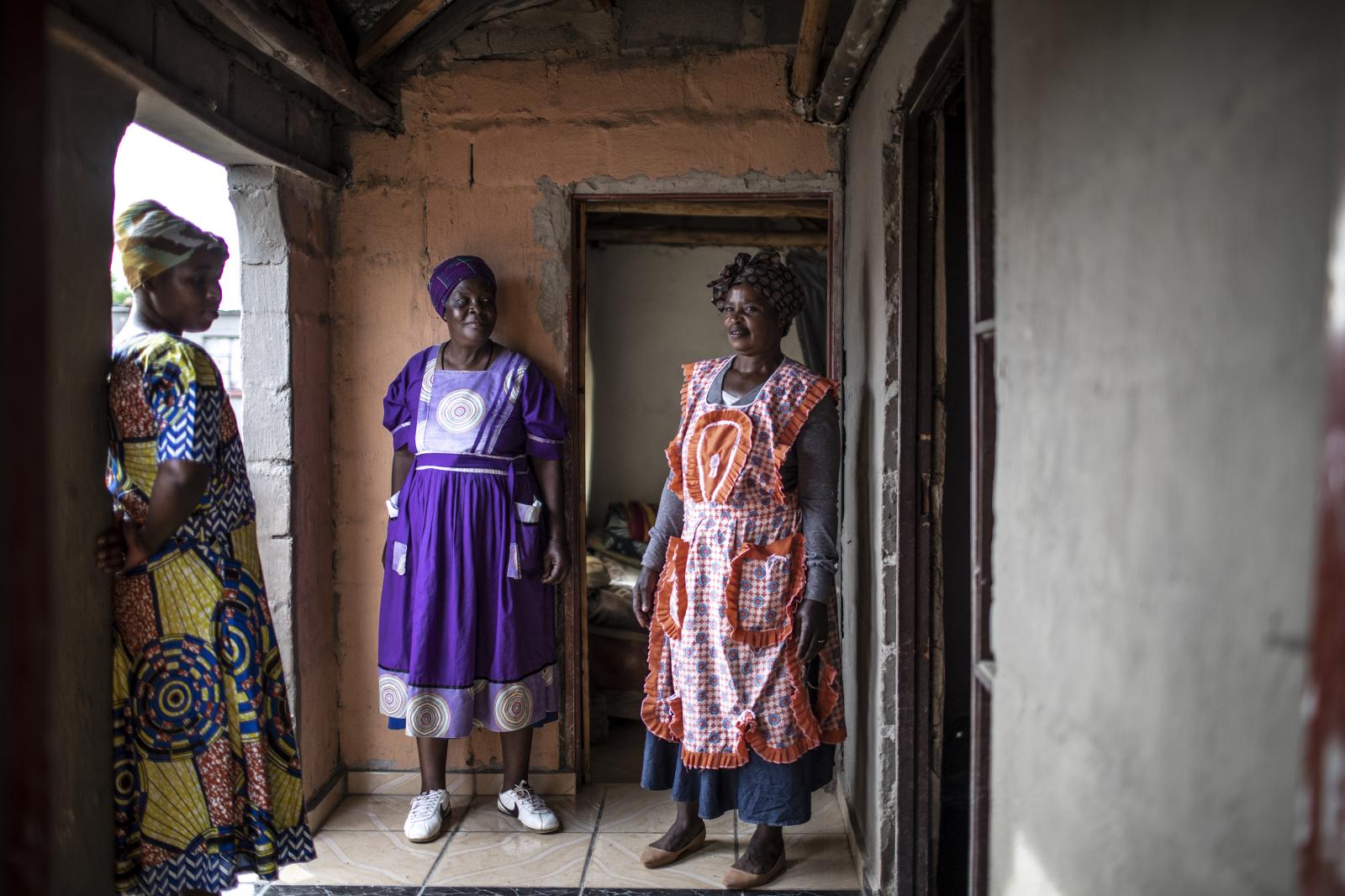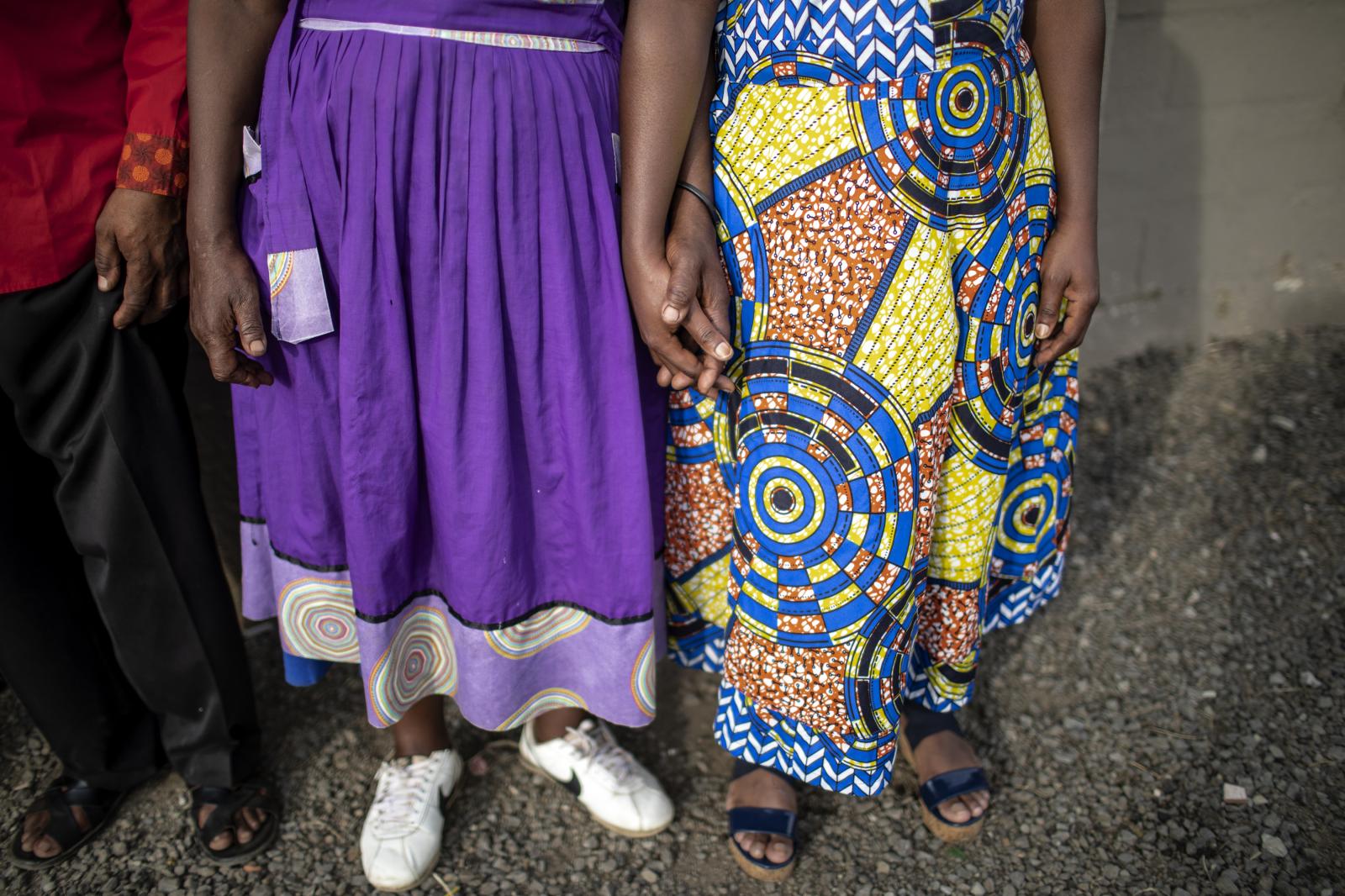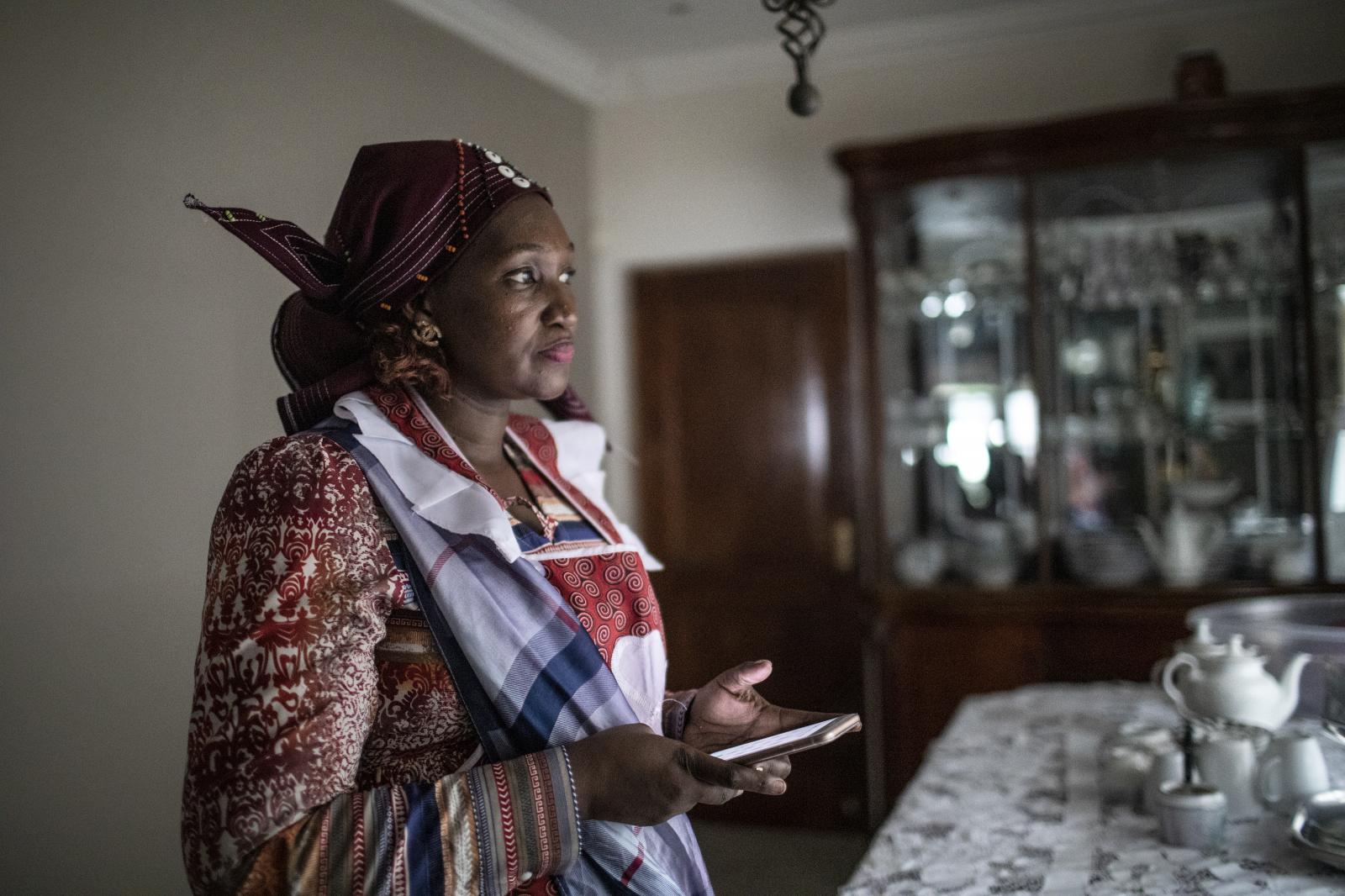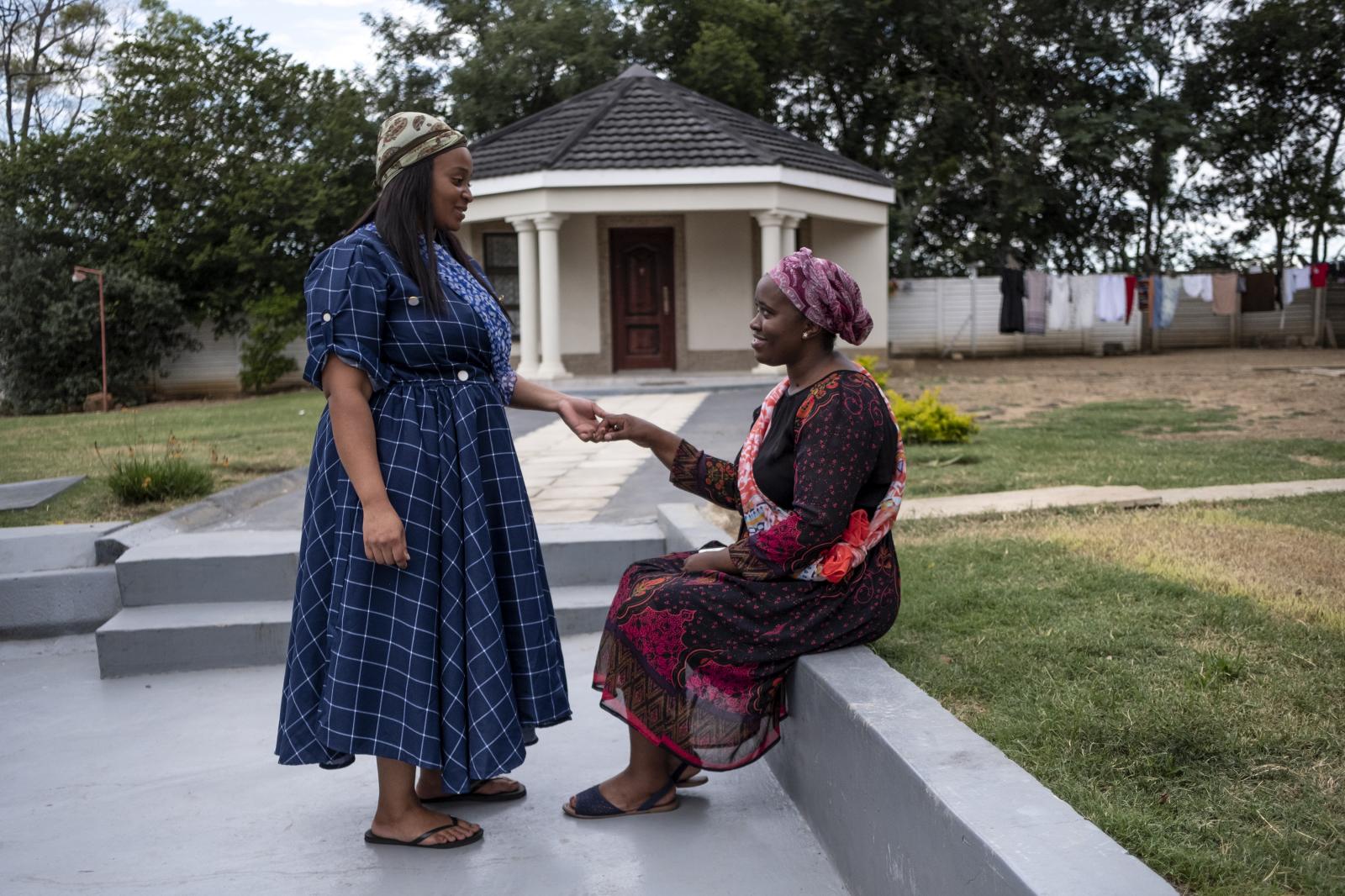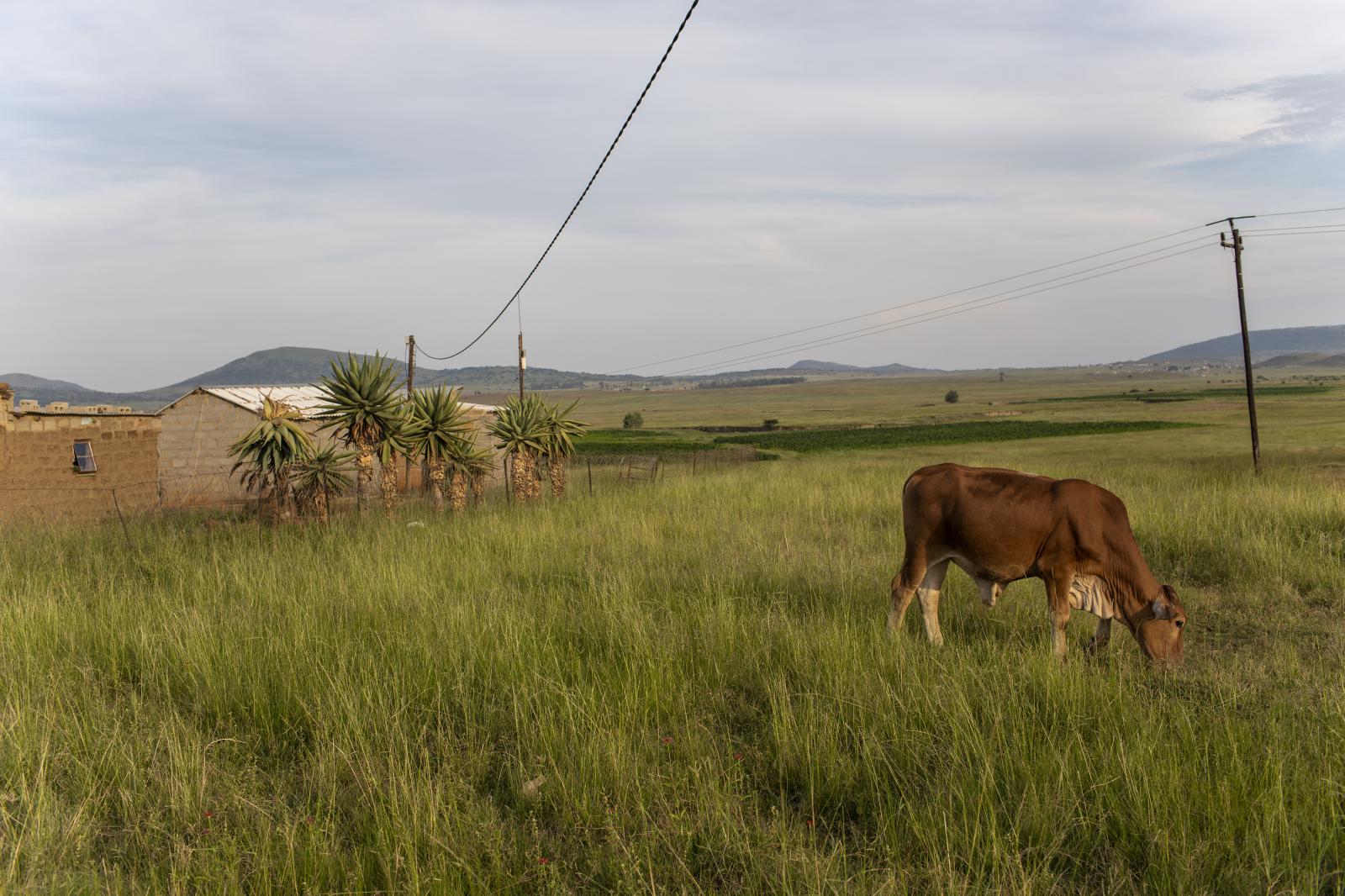Public Story
Home and Isicathamiya (upon the death of Ladysmith Black Mambazo's Joseph Shabalala)
(Joseph Shabalala, born Bhekizizwe Joseph Siphatimandla Mxoveni Mshengu Shabalala, founder of multi Grammy award winning music group Ladysmith Black Mambazo, passed away on 11 February 2020, at the age of 79. He brought more than the music to us, he brought hope. I went home to honour him, and to trace the music back to the land of the aloe trees)
As a child I remember, being feverish with excitement while watching uB’ab Joseph and the ‘Mambazo’ sing harmonies on the steps outside the Ladysmith town hall. Softly-softly their patting of feet to the ground juxtaposed the long tom canons that stood surrounding the building; a reminder of the history of the wars and violence of my hometown.
I fleetingly wondered how loud the canons may have sounded when fired, but mostly I was happy that they were there so that Papa could hoist me up on them to get a better view when the crowd grew. I was adamant to mirror every hand gesture in time, crooning “hooooomeless”, my consciousness, then too young to understand the symbolism and weight of this scene, the power of the words being sung.
It would take the time of my adolescence before I truly came back to this sound and learned the profound nature of the music and its politics - the tributes to the displaced, the worker, the forgotten, the hungry, the ancestors; inspiring hope.
Years later returning with my friend and writer, Fezi, to our home to tell this story, I saw even more clearly the complexities and how isicathamiya was, and still is, a healing.
As I walked the land on which monuments - giant concrete hands into the sky - were built to honour the dead English and Boer forces, I thought of how, at any moment, I could be stepping on the graves of the black and brown people who died in wars that were not our own and were never dignified with marked graves or a telling of the history that held place for our humanity and these truths.
Ama’cothoza gently patting of feet suddenly had new meaning. It is as if we have to tread lightly and respectfully on this land of ancestral graves. Their raised musical hands are the only monuments to those who history and empires sought to erase. As Fezokuhle so eloquently put it “The sounds act as gentle resistance to a history imbued with the erasure of black mortality, creativity and purpose.”
It is in Peacetown and Watersmeet a few kms out of town where this music was nurtured and it is where it truly feels like the land can breathe. The Aloe trees, that raise up sculpturally from the ground and were always the identifiers of getting closer to home, I now know are the cooling salve to this land of burning in the same way that the music is.
It has been a gift to go home to tell this story and I am grateful to New Frame for trusting me with it, to the introspective and prolific Fezokuhle Mthonti (@fezimthonti ) who is my sister and support on this journey back to where we come from and whose words stand too as monuments for this work of reimagining and unraveling our histories.
To Ama’cothoza and their families, especially the women who are the backbone and whose stories aren’t often spoken of, who opened their hearts and homes to us with such generosity in a time of grief - I am so appreciative.
My favorite part of this trip was the moment when a few young boys joined me in the veld serendipitously playing “diamonds on the soles of her shoes” from a speaker while the cattle ambled passed us. There are no coincidences.
Full story on New Frame with Fezokuhle Mthonti

